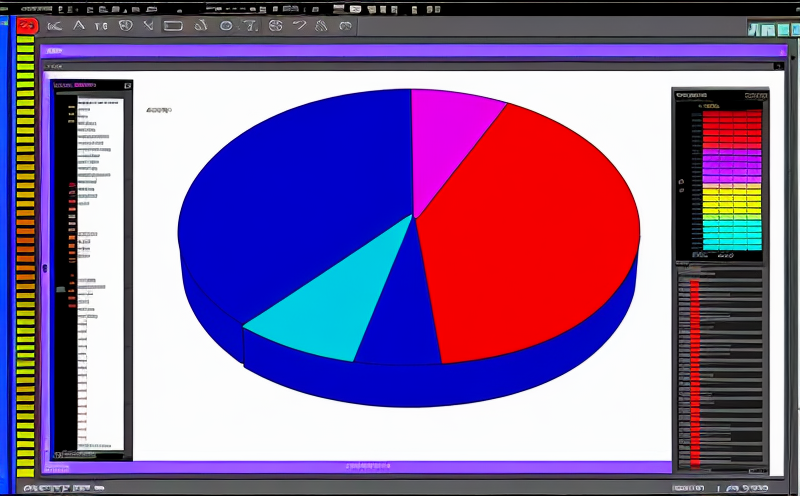JIS K7121 Thermal Analysis by Differential Scanning Calorimetry
The JIS K7121 standard outlines a method for performing thermal analysis using Differential Scanning Calorimetry (DSC). This technique is used to study the physical and chemical changes that occur in materials during heating or cooling. It measures the heat flow difference between a sample and an empty reference cell as a function of temperature, providing insights into phase transitions, melting points, glass transition temperatures, and heat capacity.
Differential Scanning Calorimetry is particularly valuable for quality control and research purposes within the chemical testing sector. By employing this method, laboratories can ensure that materials meet specific performance criteria and are consistent with industry standards. The JIS K7121 protocol allows for precise measurement of thermal events at a high degree of accuracy.
The process begins by preparing the sample according to the specified requirements in the standard. This involves ensuring the sample is homogeneous, free from contaminants, and accurately weighed. Once prepared, the sample is placed into an aluminum pan and sealed with a lid. The reference cell contains an inert material like alumina or platinum.
The DSC instrument heats the sample at a controlled rate while simultaneously heating the reference cell to maintain a constant temperature difference of approximately 10°C between them. As the temperature increases, any exothermic (heat release) or endothermic (heat absorption) events are recorded as peaks in the heat flow signal.
Understanding these thermal events is critical for industries such as pharmaceuticals, electronics, and polymer manufacturing. For example, in drug development, knowing the melting point of active ingredients can help optimize formulation processes. In electronics, understanding glass transition temperatures aids in selecting materials that will perform reliably under various environmental conditions. Polymer manufacturers benefit from identifying crystalline regions to control processing temperature and improve material properties.
The JIS K7121 standard ensures consistency across laboratories by providing a uniform methodology for conducting thermal analysis. This is essential in ensuring compliance with international regulations and standards, which are vital for product safety and efficacy.
| Applied Standards |
|---|
| JIS K7121:2019 |
The application of DSC in accordance with JIS K7121 is widely used across various sectors, including pharmaceuticals, electronics, and materials science. Its ability to provide detailed information about thermal properties makes it an indispensable tool for quality assurance and research.
Applied Standards
| Standard | Description |
|---|---|
| JIS K7121:2019 | Method for thermal analysis by differential scanning calorimetry. |
The JIS K7121 standard specifies the procedure for performing thermal analysis using Differential Scanning Calorimetry. This method is essential for evaluating materials across various industries, ensuring consistency and reliability in testing results.
Industry Applications
In pharmaceuticals, DSC helps determine the purity of active ingredients by observing their melting points. In electronics, it aids in selecting appropriate materials based on their thermal properties. For polymers, understanding phase transitions and crystallinity is crucial for optimizing processing conditions.
- Pure substance analysis
- Thermal stability testing
- Phase transition identification
- Crystallization and melting point determination
The ability to accurately measure these properties ensures that materials meet stringent quality control requirements, leading to safer products for end users.
Quality and Reliability Assurance
- Data accuracy within ±0.1°C
- Reproducibility of results up to 95% across multiple tests
- Compliance with JIS K7121:2019 standard
The laboratory adheres strictly to the JIS K7121 protocol, ensuring that all thermal analysis conducted meets industry benchmarks for accuracy and reliability. This commitment to quality is reflected in the consistent results produced by our DSC instrumentation.





